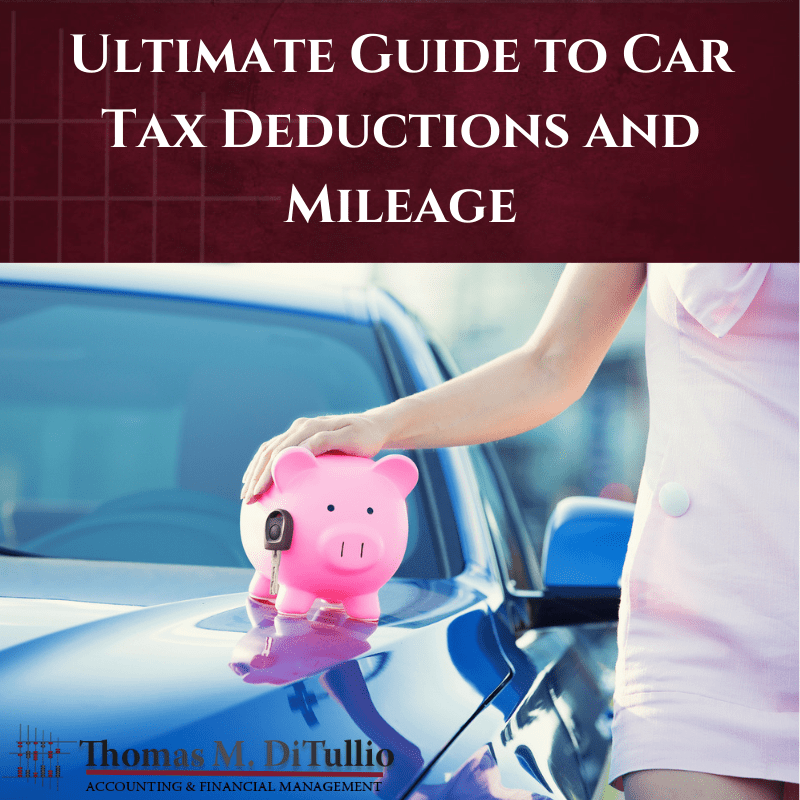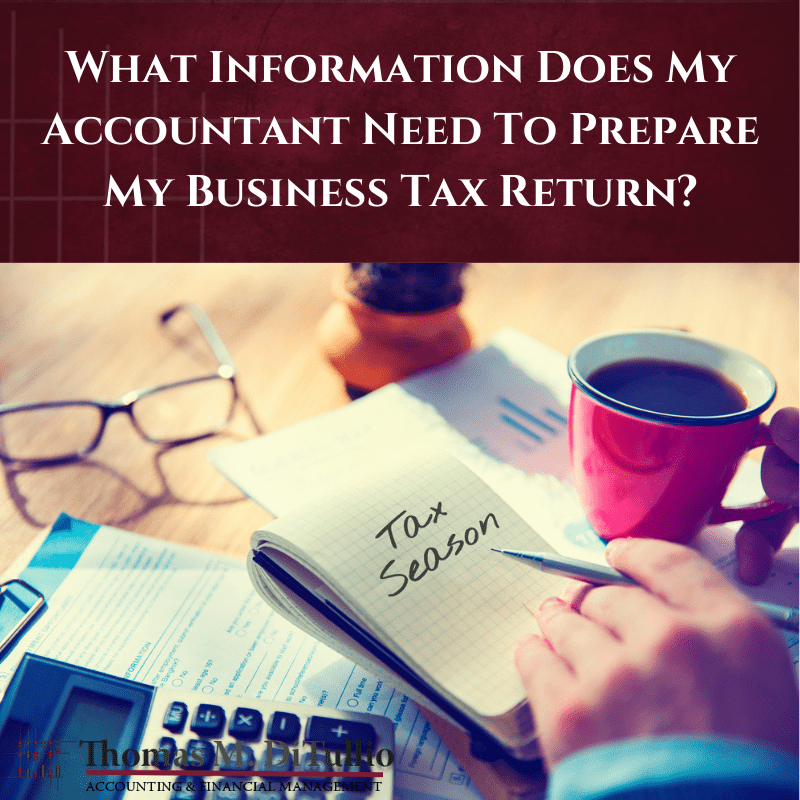Ultimate Guide to Car Tax Deductions and Mileage
If you use your vehicle for business purposes as a part of conducting your small business, you can claim vehicle-related tax deductions. While you might not give tax filing season much thought throughout the year, you can reduce your business’s tax liability and maximize the deductions you can claim by keeping accurate records year-round. Keeping records about your business’s use of your vehicle can help you potentially save hundreds of dollars through the mileage tax deduction. Here is some information about the mileage tax deduction, how to track mileage, and whether you might qualify to claim it.
What Is the Mileage Tax Deduction? How Does It Work?
The mileage tax deduction is a deduction that can be claimed on your tax return as long as you use your vehicle for business purposes and meet certain conditions. You can deduct your mileage if you drive your vehicle for qualified business purposes.
The Internal Revenue Service (IRS) sets the standard rate each year. In 2022, the mileage rate is $0.58 per mile. You calculate the deduction by multiplying the rate by the qualified miles you drove for business purposes. You can also choose to use your actual expenses instead of keeping logs of your mileage. We’ll discuss this more below.
Who Can Deduct Car Expenses?
You do not have to use your vehicle all of the time for your business to claim the mileage tax deduction. You can claim the deduction for trips you take to purchase supplies for your home office and other similar trips even if you primarily work from home. However, commuting to and from your home and a separate office does not count, and you can’t claim those miles. If you work from a home office, you can count the mileage between your home and any work-related errands or meetings.
Which Car Expenses Can You Write Off?
There are expenses you can deduct only when you use the actual expense method and some that you can deduct with either method. If you use the actual expense method, it will replace the mileage deduction you would claim if you used the standard mileage method. You can write off the following expenses with the actual expense method:
- Fuel
- Vehicle lease payments
- Auto insurance
- Vehicle maintenance costs
- Depreciation
You can also write off the following expenses under either the standard mileage or the actual expense method:
- Tolls
- Fees from the Department of Motor Vehicles
- Parking
- Car washes
If you use the actual expense method, you will have to calculate the percentage that you used your car for business purposes. Estimate how much of your mileage on your vehicle is used for business purposes instead of commuting or personal tasks. You don’t have to be exact and can guesstimate.
How to Write Off Car Expenses: Actual Method vs Mileage Method
You can either use the standard mileage or the actual expense method. To use the standard mileage method, you can keep a vehicle mileage log in your vehicle or on your smartphone. With this method, track every mile you drive for business purposes and multiply the total by the standard IRS mileage rate.
With the actual expense record, you won’t have to track every mile you drive. You will instead just determine the business-use percentage of your vehicle and your vehicle-related expenses and write off the percentage you can allocate to your business use.
The actual expense method is simpler for most people since they don’t have to keep logs of their mileage. In most cases, the actual expense method will also result in a larger deduction. However, if the following situations apply to you, the standard mileage method might be a better option:
- You drive more than 30,000 miles per year for work
- You have a gas-efficient, older vehicle and won’t benefit from depreciation
- You have an electric vehicle and do not have gasoline expenses
Even if you do have an electric car, you might still benefit from the actual expense method if your vehicle is fairly new since electric vehicles are generally expensive to purchase.
Find an Accountant for My Small Business
Calculating the mileage tax deduction can be complicated whether you are using the standard mileage method or the actual expense method. In addition to the mileage tax deduction, there are also other deductions you might be eligible to claim for your business. The small business accounting services from TMD Accounting can help you to reduce your tax liability while maximizing your deductions. Contact us for an appointment today by calling us at 1-856-228-2205.






